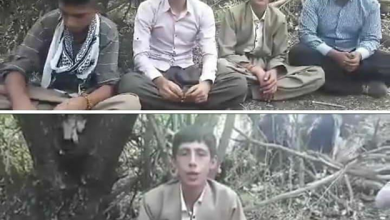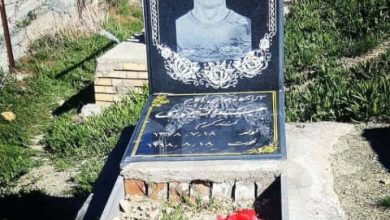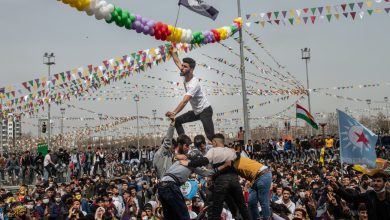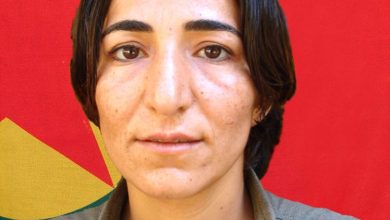On the International Day Against Child Labor, the Iranian Kurdistan Human Rights Watch (IKHRW) has issued a stark warning about the link between child labor and recruitment into Kurdish armed groups, urging immediate action from international bodies to protect children in Kurdish-inhabited areas
IKHRW’s Statement on the International Day Against Child Labor, Emphasizing the Link Between Child Labor and Recruitment by Kurdish Armed Groups:
Dr. Ali Farahmand CEO, Iranian Kurdistan Human Rights Watch
June 12th, the International Day Against Child Labor, serves as a crucial opportunity to reflect on one of the most blatant forms of human rights violations that persists in various parts of the world, including the Kurdish regions of Iran and Iraq: the exploitation of children, both through child labor and recruitment by non-state armed groups.
Based on field findings by the Iranian Kurdistan Human Rights Watch, a significant number of children who later fall prey to militant groups, including paramilitary groups active in the Kurdistan Region of Iraq such as PJAK, PKK, KOMALA, and Democratic Party of Iranian Kurdistan, had previously lived as child laborers on the fringes of local communities. Most of these children come from families grappling with economic poverty, regional discrimination, and social ills like addiction, unemployment, and cultural identity crises.
This bitter truth reveals that the issues of child labor and child soldier recruitment are not separate phenomena. Rather, they are interconnected links in a chain of continuous and systematic violations of children’s rights—a chain in which childhood becomes a victim of dysfunctional social, political, and security structures.
In accordance with the Convention on the Rights of the Child (1989) and its Optional Protocol on the Involvement of Children in Armed Conflict (2000), any use of children under 18 in armed conflicts and their economic exploitation is prohibited. Furthermore, International Labor Organization (ILO) Conventions No. 138 and 182 oblige states to take decisive measures to eliminate the worst forms of child labor and ensure a minimum age for employment.
Nevertheless, it is observed that some regional governments, particularly in the Kurdistan Region of Iraq, not only remain indifferent to the actions of paramilitary groups against children but sometimes implicitly or explicitly facilitate their presence and activities. The international responsibility of states extends not only to preventing human rights violations by themselves but also to preventing such violations by non-state actors within their territory or under their jurisdiction.
In this context, Iran must also adopt comprehensive protective and development-oriented policies in its western and northwestern border regions, especially Kurdish-inhabited areas. This includes reducing poverty, preventing child cross-border porters (Kolbari), illiteracy, and cultural deprivation. Iran should also cooperate with international organizations and neighboring countries to prevent the recruitment of children by armed groups.
The Iranian Kurdistan Human Rights Watch emphasizes the need for regional and global consensus to end child labor and the forced recruitment of children. We urge international bodies, particularly the United Nations Assistance Mission for Iraq (UNAMI), UNICEF, the UN Committee on the Rights of the Child, and the International Labor Organization, to pay special attention to the situation of children in Kurdish-inhabited areas, especially the dangers posed by the presence of armed groups in their lives.
We also call for independent investigations, criminal prosecution of the leaders of armed groups who recruit children, and multilateral support for child soldier victims.
Today is not just a day to combat child labor, but a day to renew our commitment to children’s rights, social justice, and lasting peace.






